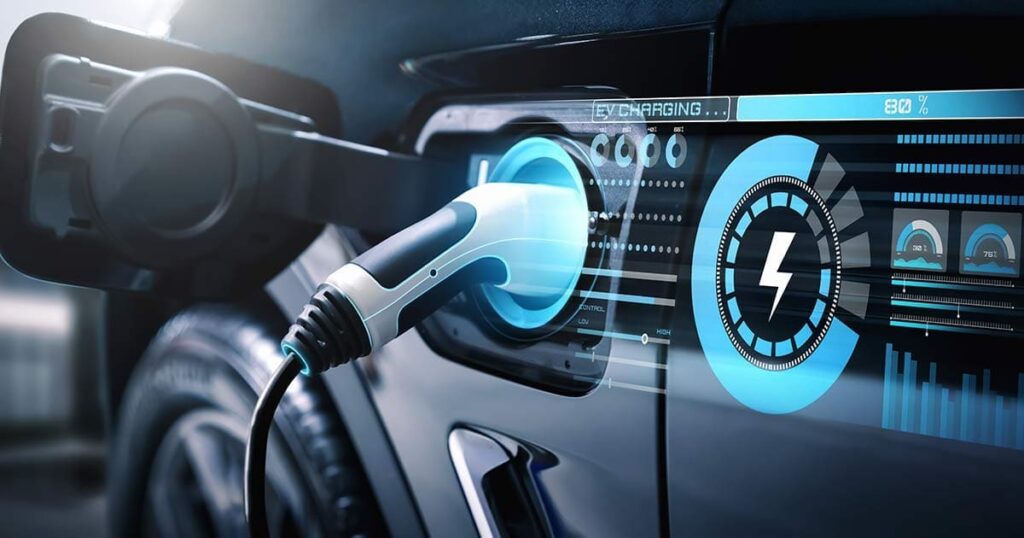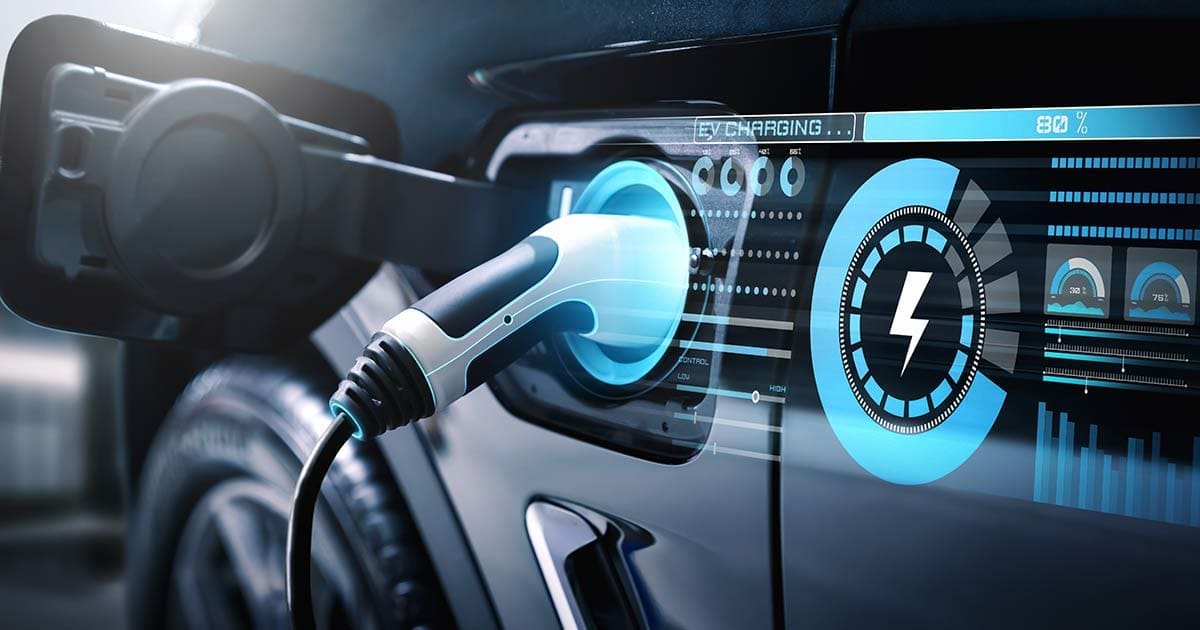
Electric vehicles (EVs) aren’t just changing how we drive. They’re reshaping the entire automotive workforce. Mechanics, electricians, software developers—you name it. Every role shifts as EV technology evolves.
Curious about where this road leads?
Follow along to see how jobs adapt and new opportunities pop up in urban markets and small-town garages alike. From retraining programs to emerging career paths, let’s break down the practical impact of this electric revolution.
The Rise of EV Technicians: A New Skill Set
The transition to electric vehicles creates a demand for technicians with fresh skills. Unlike traditional mechanics, EV technicians need expertise in electrical systems and battery technology. Automotive shops now invest in new training programs and tools.
This shift offers opportunities for those ready to embrace change. It’s an exciting time as the industry evolves, merging mechanical know-how with cutting-edge tech.
Educational Institutions Preparing Students for an EV Future
Schools and colleges focus on bridging the skill gap in the EV sector. Programs now cover battery management, electric drivetrain systems, and advanced diagnostics.
Institutions integrate practical training tailored to future automotive needs.
Students learn through hands-on experience, ensuring they’re ready for the industry’s demands. As these schools adapt, they provide a solid foundation for students eager to join the future of diesel mechanic jobs and the likes of electrical vehicle technicians in a transforming market.
Independent Garages and the EV Boom
Small garages face both challenges and opportunities with the rise of EVs. They must invest in new tools and training to stay competitive.
While some may struggle, those that adapt can thrive by offering specialized services.
Electric vehicles need unique maintenance that traditional shops can’t provide. This creates a niche market for independent garages ready to embrace change, positioning themselves as essential players in this evolving automotive landscape.
Urban Job Markets: How Cities Adapt to EVs
Cities around the world are rapidly integrating electric vehicles into their infrastructure. This shift opens up a variety of new job opportunities, from charging station technicians to urban planners specializing in sustainable transport.
EVs are fast gaining applications across industries, and urban centers must pivot accordingly.
Public transit systems also begin incorporating electric buses and trains, creating more specialized roles focused on maintaining these green technologies within bustling city environments.
Workforce Retraining Programs for Auto Mechanics
The move to electric vehicles means traditional auto mechanics need new skills. Workforce retraining programs emerge as essential solutions, offering courses in EV technology, battery maintenance, and advanced diagnostics.
These programs are available through community colleges and vocational schools, making them accessible to many.
While at it, mechanics gain practical experience with the latest tools and technologies. This equips them to handle the shift from combustion engines to electric powertrains, ensuring they stay relevant in a rapidly changing industry.
Emerging Career Paths in Electric Vehicle Technology
- EV Technician: Specializes in maintaining and repairing electric vehicles, focusing on battery systems and electric drivetrains.
- Charging Station Installer: Installs and maintains EV charging stations, ensuring they operate efficiently across various locations.
- Battery Engineer: Develop new battery technologies to improve the range, efficiency, and lifespan of electric vehicle batteries.
- Software Developer: Creates software for managing vehicle operations, from navigation systems to battery management tools.
- Sustainability Consultant: Advises companies on integrating EVs into their fleets while promoting eco-friendly practices.
The Real Impact of EVs on the Ordinary, Every-Day Workforce
Electric vehicles are changing jobs beyond the automotive sector. Logistics companies need new strategies for electric fleets, creating roles in fleet management and route planning.
Retail businesses will adapt by installing charging stations, leading to positions in customer service and technical support.
Construction firms are gradually incorporating EVs into their equipment lineup, requiring operators trained in electric machinery.
Even corporate offices might see a shift with increased demand for sustainability coordinators who focus on integrating EV-friendly practices into business operations.
As we set eyes on a greener future, the workforce transforms with transportation’s evolution. New skills and roles emerge, offering exciting opportunities across industries. The road ahead promises innovation and growth in unexpected places, and electric vehicles are behind the wheel of it.
